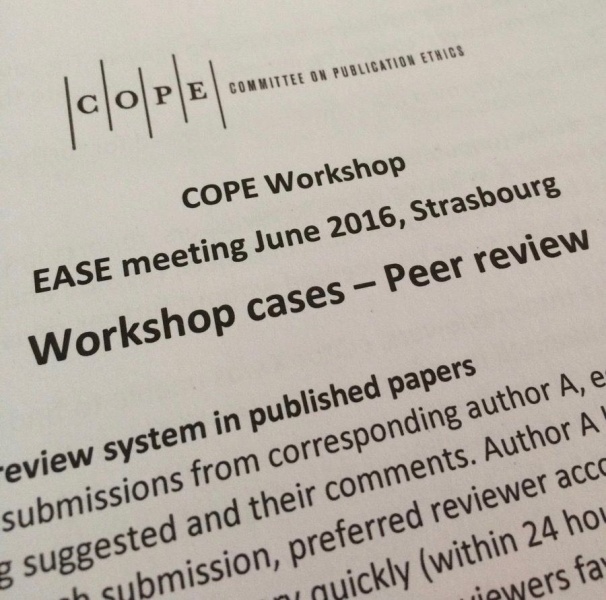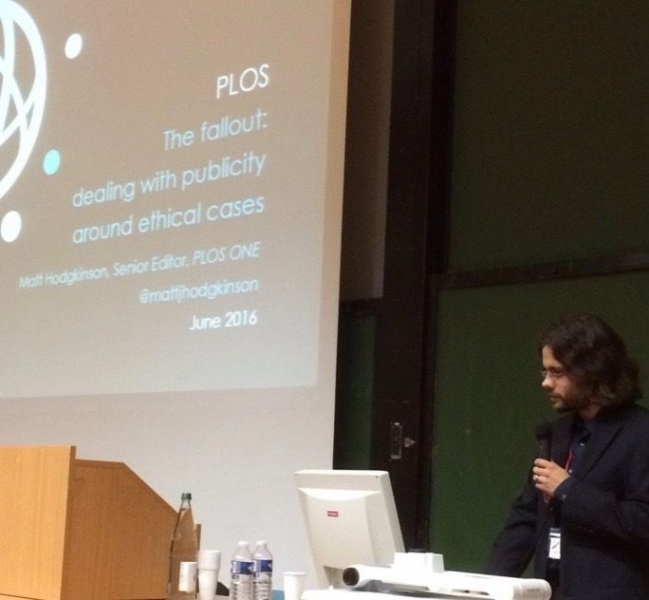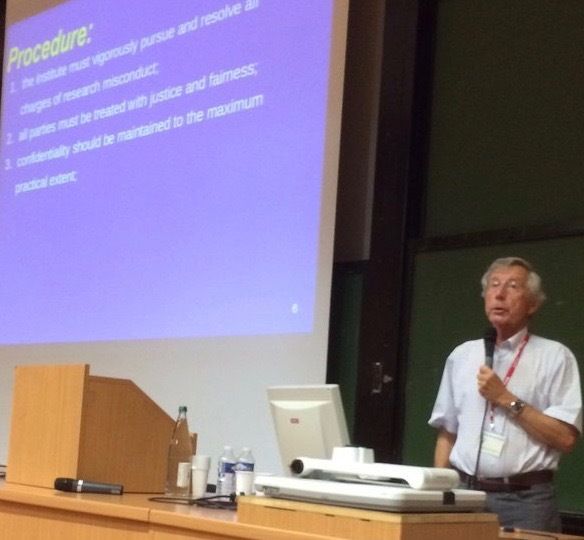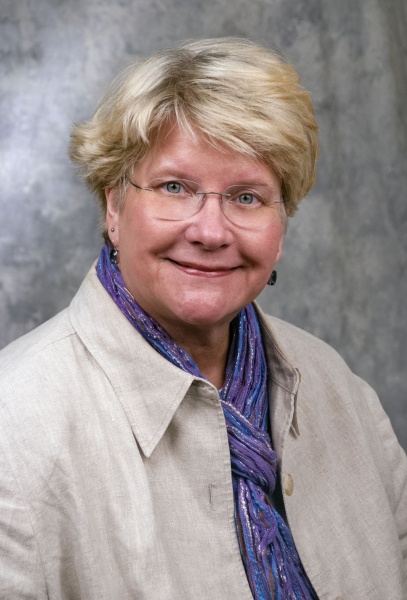 This past month has been busy for COPE Council members and Trustees. COPE held its annual strategy meeting in mid-June with three days of meetings among the Trustee Board, wider Council and the individual subcommittees. We finalised our strategic plan—which will be posted on our website shortly—discussed some of the issues currently impacting on the publication and research ethics landscape and how COPE can best provide advice and guidance; attempted to look into what issues may arise in the future; as well as introduced our newest COPE Council members to COPE.
This past month has been busy for COPE Council members and Trustees. COPE held its annual strategy meeting in mid-June with three days of meetings among the Trustee Board, wider Council and the individual subcommittees. We finalised our strategic plan—which will be posted on our website shortly—discussed some of the issues currently impacting on the publication and research ethics landscape and how COPE can best provide advice and guidance; attempted to look into what issues may arise in the future; as well as introduced our newest COPE Council members to COPE.
The results from the recent Council elections and the successful candidates are announced below. We welcome the new members to Council and look forward to working with them. The expansion of COPE’s leadership group, with increased numbers of elected and co-opted members, is aimed at ensuring that the mission of the charity, setting a standard for publication ethics, is furthered. Future plans include more global seminars, establishing closer links with institutions, and revising and optimising the complaints process.
There are two major events coming up in August. The first is the COPE North American Seminar “Ethics in peer review” being held in conjunction with ISMTE (International Society of Medical and Technical Editors) in Philadelphia, PA, on August 10. The second is the INANE Conference (International Academy of Nurse Editors) August 1-3, in London. A COPE Forum will be held at the conclusion of this conference, with cases brought by members and, for this forum, will include a discussion around a proposed new simplified version of the Code of Conduct and Best Practice Guidelines for Journal Editors. All COPE members are welcome to attend, whether or not they are presenting a case, but please email the COPE Administrator if you plan to attend so that we can plan seating and catering. Unfortunately there are no facilities to join this meeting electronically this time.
And finally, many congratulations to our Treasurer, Deborah Poff, on her Order of Canada award. Since joining COPE council she has brought the same qualities of excellence and wise counsel to COPE that the Canadian Government have now recognised and which we also benefit from tremendously.
Geri Pearson, COPE Co-Vice Chair

 EU referendum: implications for UK research
EU referendum: implications for UK research Researchers reeling as UK votes to leave EU
Researchers reeling as UK votes to leave EU
 Facebook has a new process for discussing ethics. But is it ethical?
Facebook has a new process for discussing ethics. But is it ethical?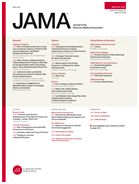 Retract—and replace? JAMA may expand use of this tool
Retract—and replace? JAMA may expand use of this tool Impact of interventions to improve the quality of peer review of biomedical journals: a systematic review and meta-analysis
Impact of interventions to improve the quality of peer review of biomedical journals: a systematic review and meta-analysis Identifying publishing outlets that follow best practice
Identifying publishing outlets that follow best practice Data don't lie, do they?
Data don't lie, do they?
